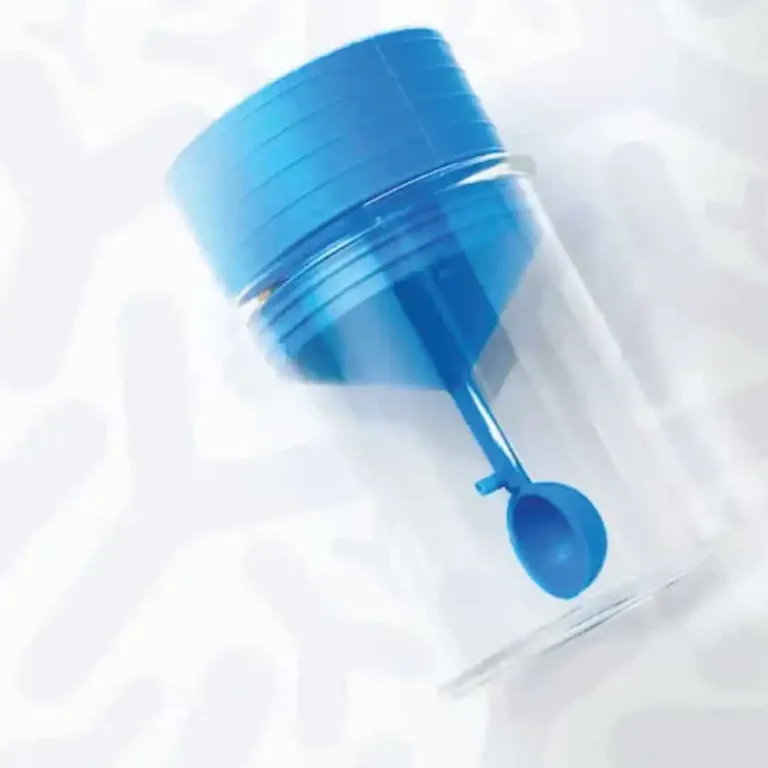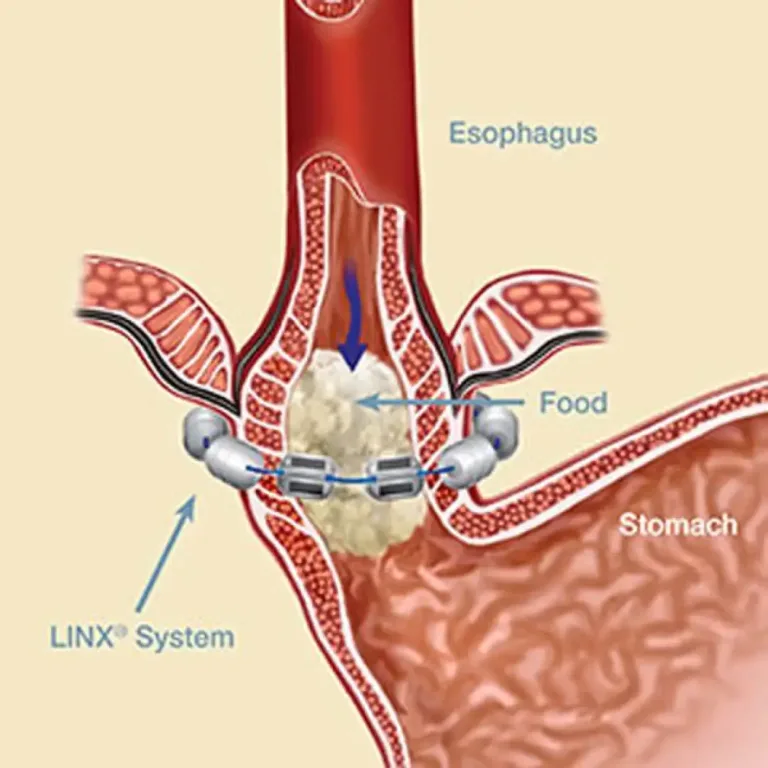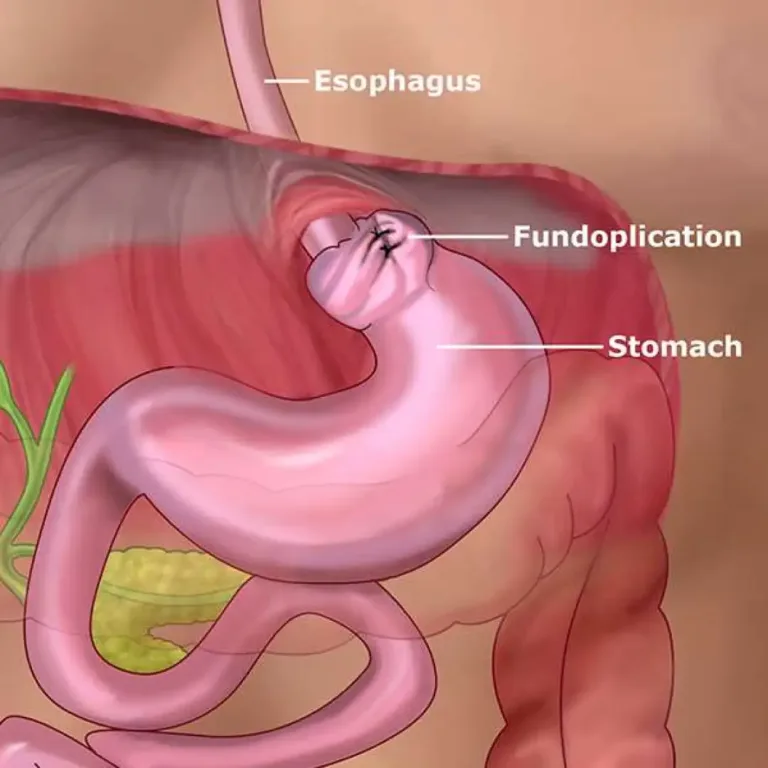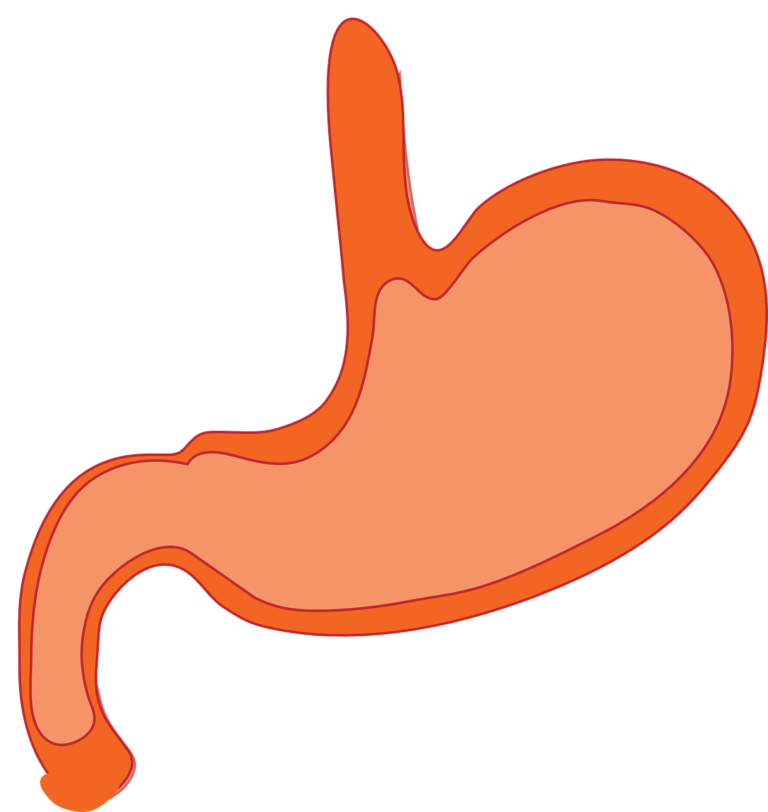Occasionally, food can become lodged in the throat or oesophagus for a brief period. However, if this becomes a frequent occurrence, lasts longer than a few seconds or causes pain when swallowing, it is advisable to seek medical attention.
Dysphagia is the medical term for difficulty swallowing, which can result in difficulties swallowing certain foods or liquids, or an inability to swallow altogether. If you are experiencing any of these symptoms, it is recommended that you consult with one of our specialists.
Further information on the symptoms, causes, diagnosis and treatment for swallowing problems is detailed below.
Related Symptoms
- Cough and throat clearing
- Hoarseness of voice
Symptoms of dysphagia
As well as trouble swallowing, signs of dysphagia include:
- Choking or coughing when eating
- Bringing food back up
- Feeling like food is stuck in your throat or behind your chest bone
- Excess salivation
- Trouble chewing food
Left untreated, dysphagia can cause weight loss and chest infections.
Causes
The following health conditions can cause swallowing problems:
- Eosinophilic oesophagitis (EoE)
- Gastro-oesophageal reflux disease (GORD)
- Achalasia
- Oesophageal cancer
The narrowing of the oesophagus, which can lead to difficulty swallowing, can be caused by various digestive health conditions. Additionally, neurological conditions like stroke and multiple sclerosis can also contribute to dysphagia. If you are experiencing difficulty swallowing and have one of these conditions, it is recommended to consult with our specialists to better understand the impact on your swallowing ability.
Diagnosis
If your doctor suspects that your difficulty in swallowing is due to a digestive health issue, they may refer you to one of our gastroenterologists for further consultation. To diagnose the underlying condition, we may conduct one or more of the following tests :
- Gastroscopy
- Barium swallow
- High-resolution oesophageal manometry
- 24 hour pH impedance
- 96 hour pH capsule (BRAVO or Alpha)
Diagnosis
The optimal treatment for dysphagia varies based on its root cause. Endoscopic dilation is a viable treatment option for eosinophilic oesophagitis (EoE) and achalasia. Additionally, other potential treatment options for EoE include:
- 6 food elimination diet
- Proton pump inhibitors (PPIs) medications
- Topical swallowed steroids (Budesonide)
We can treat GORD with:
- Medications to suppress or counteract acid
- Lifestyle modifications (diet, weight loss, exercise)
- Anti-reflux procedures (Stretta, transoral incisionless fundoplication (TIF), LINX)
- Anti-reflux surgery (laparoscopic/keyhole Nissen fundoplication)
The treatment for oesophageal cancer varies depending on the stage of the disease. For early stages, endoscopic resection (ER) and HALO radiofrequency ablation (RFA) may be appropriate. However, more advanced stages require surgical intervention, such as an oesophagectomy to remove the affected part of the oesophagus. Other treatments, such as chemotherapy or radiotherapy, may also be considered.





